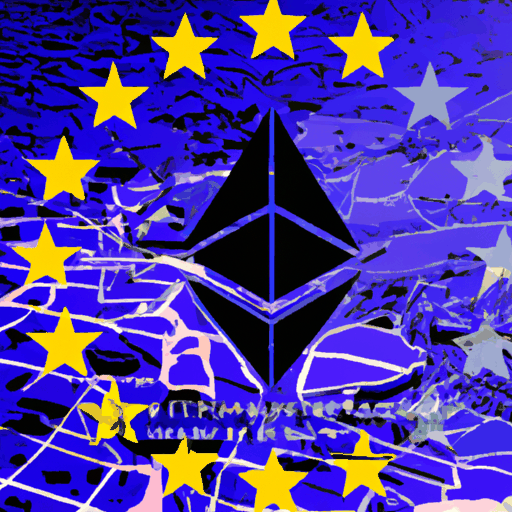
EU Considers Ethereum and Solana for Digital Euro Rollout
By: Eva Baxter
The European Union is intensifying its efforts to develop a digital euro, a move influenced by evolving global financial landscapes and rising concerns over the euro’s strategic role in digital payments. The European Central Bank (ECB) is exploring the feasibility of employing public blockchain technologies such as Ethereum and Solana for the digital euro’s issuance and settlement. These blockchains present open, decentralized networks that contrast with private blockchains employed by countries like China for their digital currencies. Utilizing public blockchain networks could offer broader accessibility and potentially integrate seamlessly with existing digital financial ecosystems, thus reducing reliance on non-EU payment infrastructures.
The ECB’s latest progress report underscores significant preparatory activities, including drafting rulebooks, engaging over 70 market participants, and ongoing testing through an innovation platform. These steps, set to culminate in October 2025, will inform the ECB’s Governing Council’s decisions on the next phases of the project. Crucially, the digital euro’s issuance remains contingent upon approval by EU legislative bodies, with potential political agreements expected no earlier than 2026.
Regulatory frameworks have evolved to accommodate digital currency developments. The EU’s Markets in Crypto-assets Regulation (MiCA), effective from June 2023, has established a regulatory environment catering to euro-denominated tokens and digital asset services. Enforcing scheme rules through intermediaries, MiCA offers a harmonized platform, paving the way for a central bank digital currency (CBDC) while aligning with privacy, holding limits, and offline usability objectives. These policy shifts highlight the strategic intent to bolster the euro’s digital payment sovereignty amidst a dollar-dominated stablecoin market.
The experimental inclusion of Ethereum and Solana signifies a shift towards more dynamic, permissionless networks that have already witnessed institutional precedence. Historical endeavors, such as the European Investment Bank’s blockchain-based bond issuance and cross-border FX trading initiatives, underscore the operational benchmarks available. However, as the ECB reaffirms, any decisions regarding the digital euro will be profoundly informed by legislative outcomes and ongoing technological evaluations.



